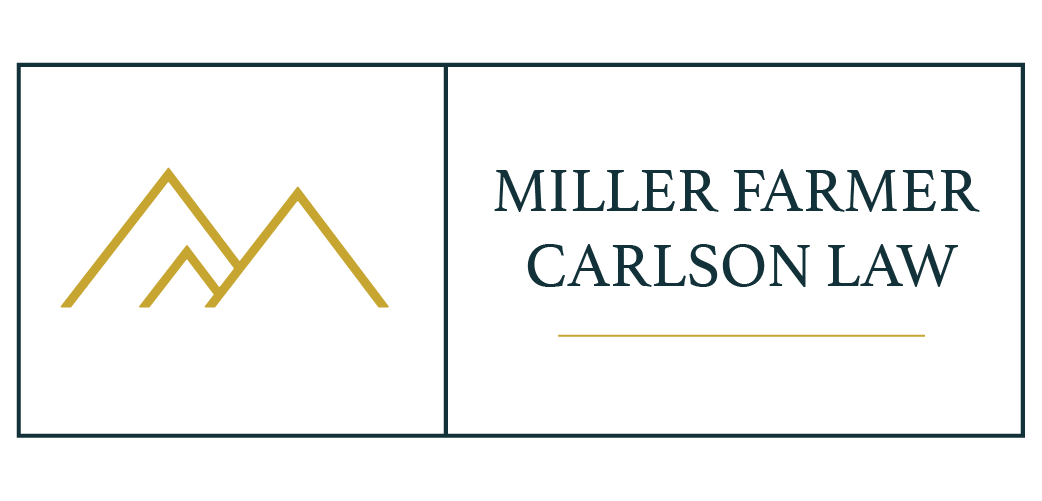Can charter schools remove unwanted comments from their social media pages?
You may have seen in the news recently a United States Supreme Court case, Lindke v. Freed, dealing with the removal of Facebook comments from social media posts and whether the practice violates the First Amendment. The case concerned the Facebook page of the city manager in Port Huron, Michigan, James Freed. The Facebook page was owned by Freed where he posted on a wide range of topics, including his family and his job. Freed's page was routinely commented on by members of the public, particularly as to posts related to city business. Freed occasionally removed unwanted comments from his page. However, one commenter, Kevin Lindke, sued the city manager alleging that his First Amendment rights were violated when his comments were removed.
Ultimately, the Supreme Court found in favor of Freed and held that Lindke's rights were not violated under the First Amendment. However, do not read the case as a free pass to censor unwanted comments on your school or district's social media accounts. That is because the issue in the Lindke case turned on whether Freed's Facebook content was posted in his capacity as a private citizen or his official capacity as city manager of Port Huron. The Court found the latter; thus, Freed did not violate Lindke's First Amendment rights but rather exercised his own.
So what does this case mean for your school or district's social media accounts? As a general matter, not much. The speech in question in the Lindke case was not posted on the city of Port Huron's Facebook page or by a city employee in his official capacity. It was instead found to be the private speech of the city manager. That means that selectively deleting comments or blocking users on your school's social media accounts is likely to draw First Amendment scrutiny.
As a best practice then, there are likely three main approaches to take when considering comments on your school or district’s social media pages:
No comments allowed. By not allowing any public comments or posts, you will not open a limited purpose public forum and thus allegations of viewpoint discrimination. However, you may inadvertently push people to other forums to share their concerns or criticisms.
All posts allowed. By allowing comments or posts, you cannot remove or censor them based upon their content, absent some very specific circumstances (i.e., obscenity, fighting words, threats, or defamation). These exceptions require a case-by-case fact specific inquiry.
Perhaps a middle ground is that you may consider having people submit posts they would like considered for publication with an understanding that only information that is generally valuable to the school community at-large will be considered. This approach is somewhat delicate and needs to be managed very carefully to avoid allegations of viewpoint discrimination.
If you have any questions about the impact of Lindke v. Freed or social media in general, please reach out. We would be happy to help you craft appropriate policies for your organization.
